The IMO will proactively engage with health management on a new NCHD contract, but the potential for industrial action remains “under constant review”, the NCHD committee Chair Dr Rachel McNamara has told the Medical Independent (MI).
In 2022, 97 per cent of IMO NCHDs voted in favour of taking industrial action as part of a campaign to address dangerous working hours and other issues. This led to an agreement with health management later that year, including new rostering rules.
However, implementation has been patchy and impacted by the HSE recruitment embargo on non-training NCHD posts. In December 2023, the IMO announced that NCHDs expected to call a ballot for industrial action in the New Year in response to the embargo, but this did not occur.
Speaking to MI following the national NCHD meeting at the IMO AGM on 6 April, Dr McNamara said the union had a mandate for industrial action before the 2022 agreement. “It is definitely not off the table that we would move in that direction again around the embargo. But as of right now, we are trying to proactively engage around things that need to move forward.”
Earlier at the conference, Minister for Health Stephen Donnelly stated that he had asked his officials to work through an “engagement process” with the IMO for the negotiation of a new NCHD contract. An initial meeting is due to take place in late April, the Minister indicated.
Minister Donnelly also told the conference he fully endorsed the recommendations of the NCHD taskforce and “we’re getting on with implementing them”. Speaking to journalists, the Minister said 1,000 additional consultants had been recruited in the lifetime of the Government and as the consultant body grows the “unreasonable asks” of NCHDs, such as 24-hour shifts, “will shrink.”
However, the NCHD meeting heard that the recruitment embargo on NCHD posts is undermining implementation of the 2022 agreement and taskforce recommendations.
A recent IMO survey found 83 per cent of NCHDs routinely worked over the legal limit of 48 hours per week, on average, in the previous three-month period.
Speaking at the meeting, Dr McNamara said the recruitment embargo was “very short-sighted”. She said it was leading to already burnt-out doctors working overtime, which was costly to the health service.
Progress had been made in some areas, but there was a “long road ahead in terms of what needs to be done” to improve NCHD working lives, Dr McNamara told the meeting.
She also underlined that any major improvement achieved for NCHDs over the past 40 years had been the outcome of some form of industrial or legal action. Dr McNamara acknowledged it was sometimes difficult to bring doctors into the industrial relations space, due to their busy lives, but a strong active membership was required to improve the situation for everybody.
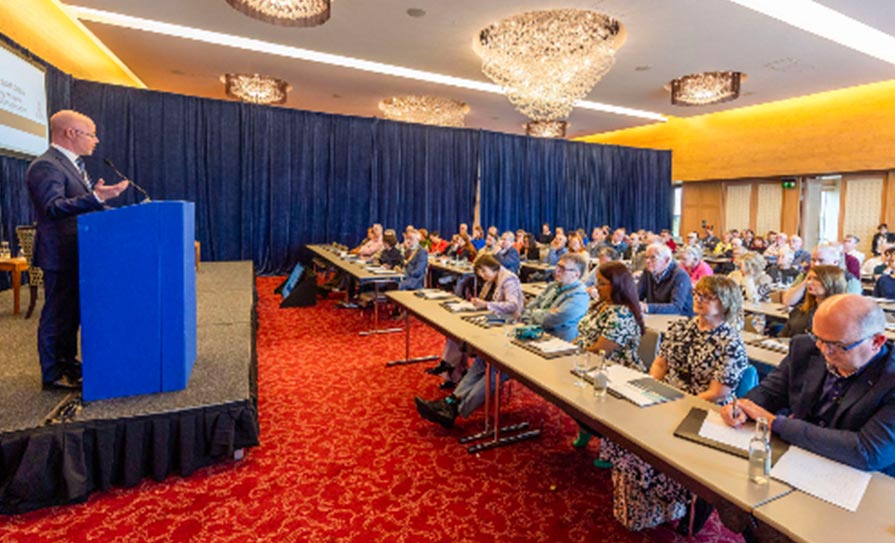
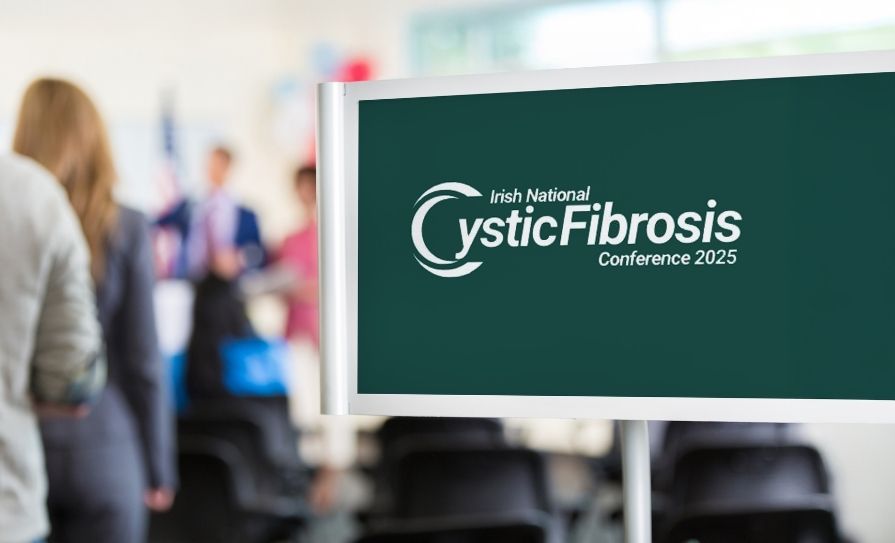
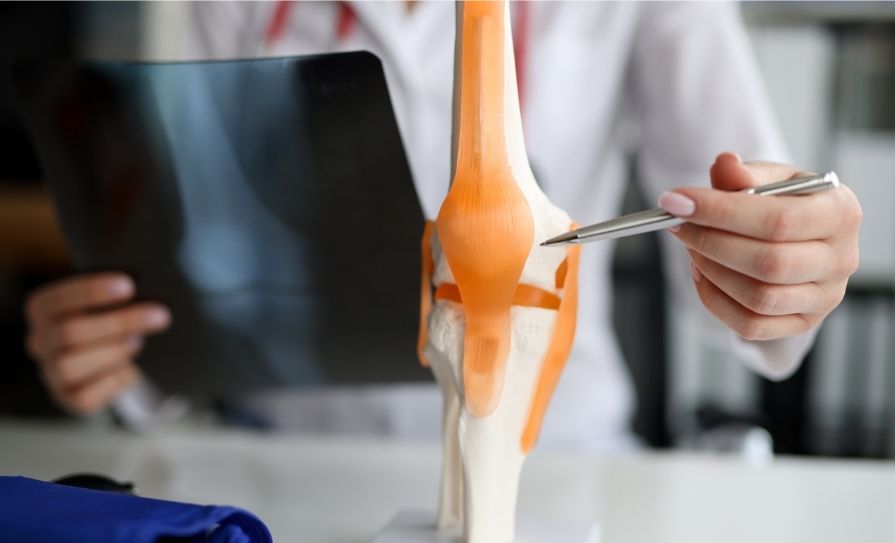
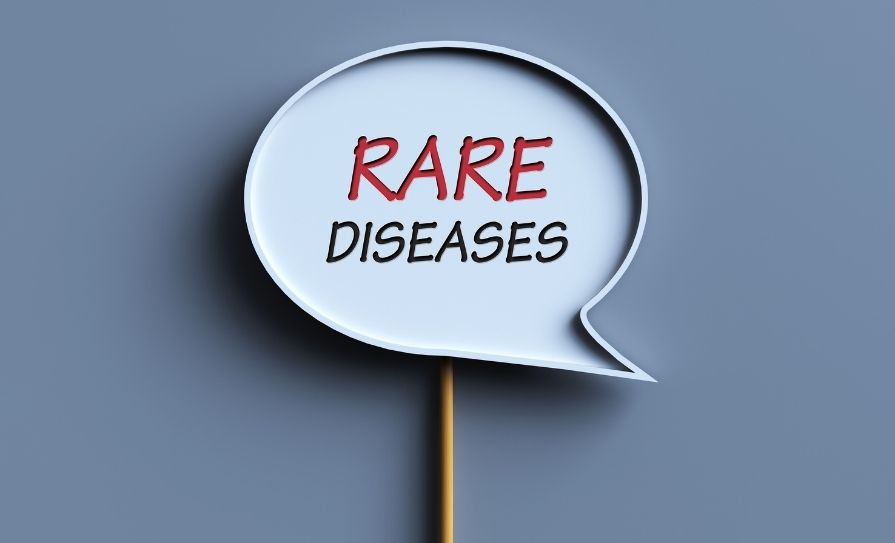

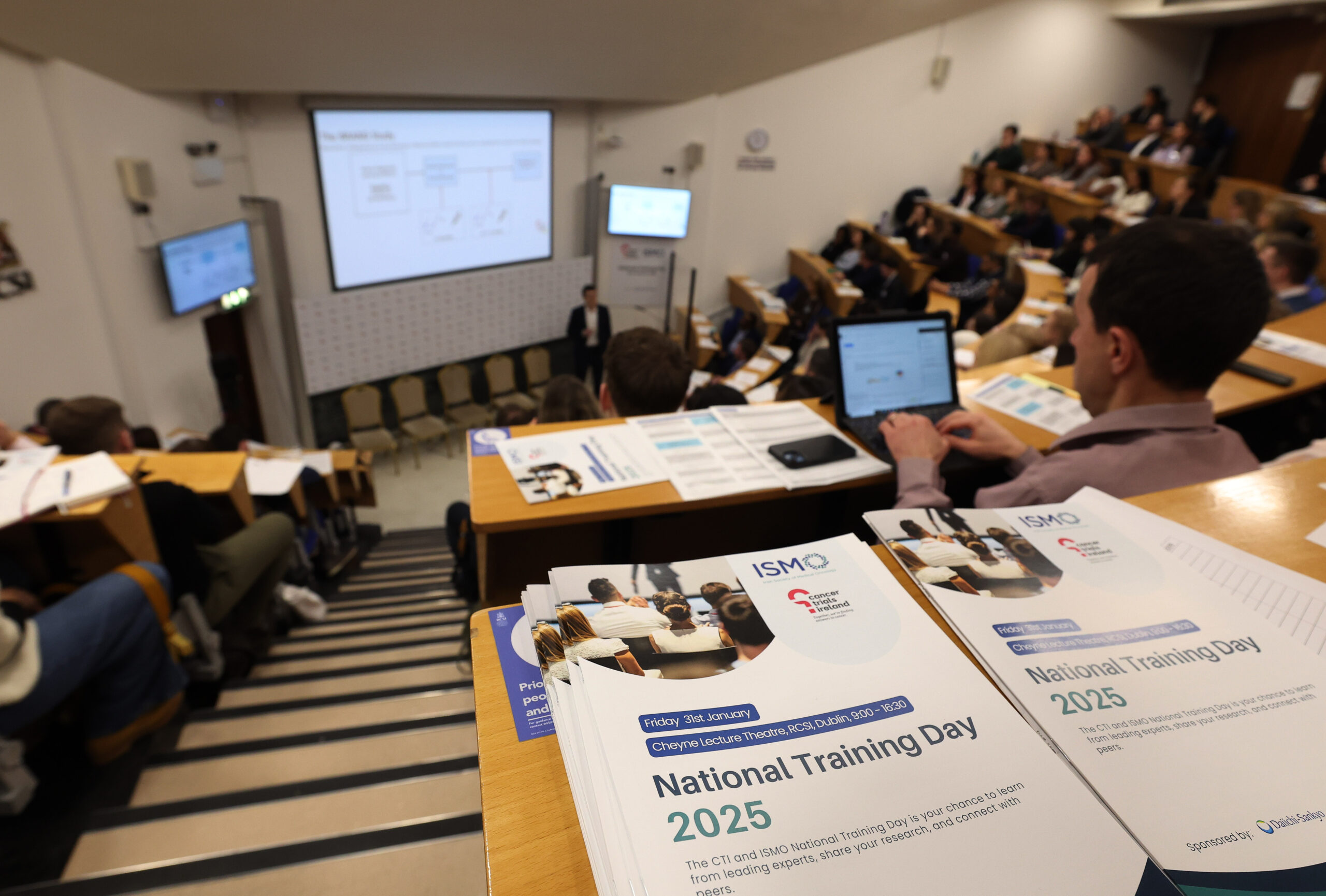

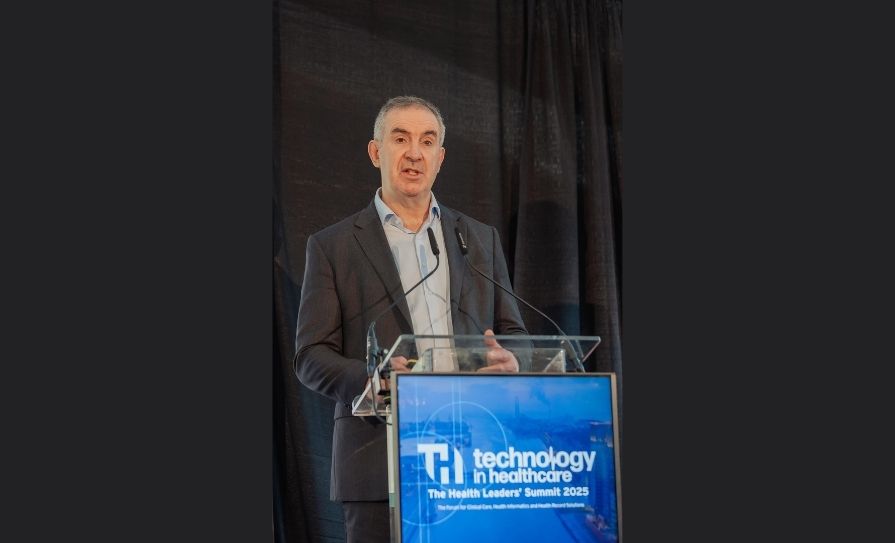





Leave a Reply
You must be logged in to post a comment.